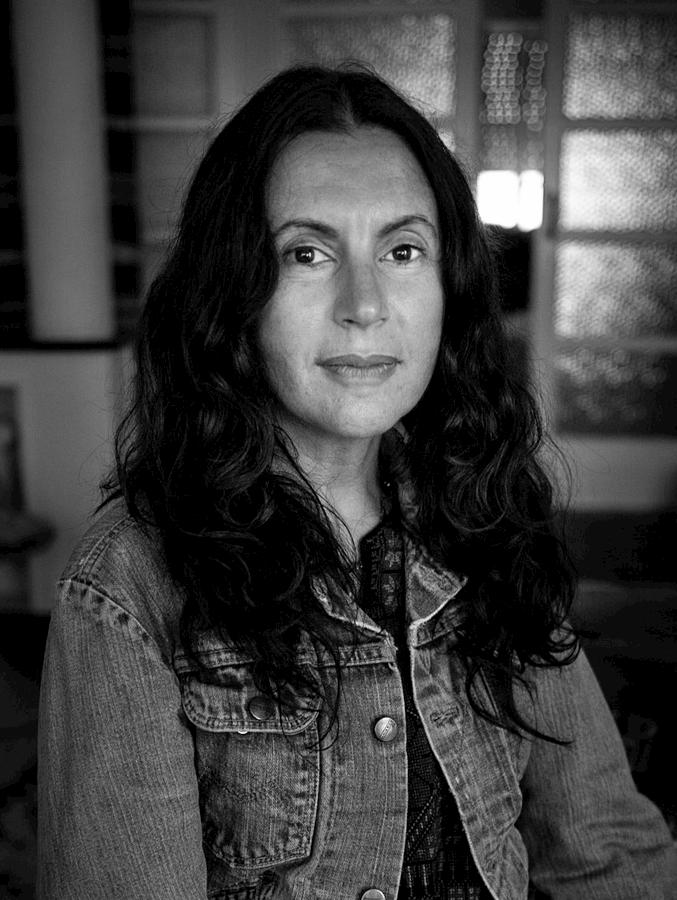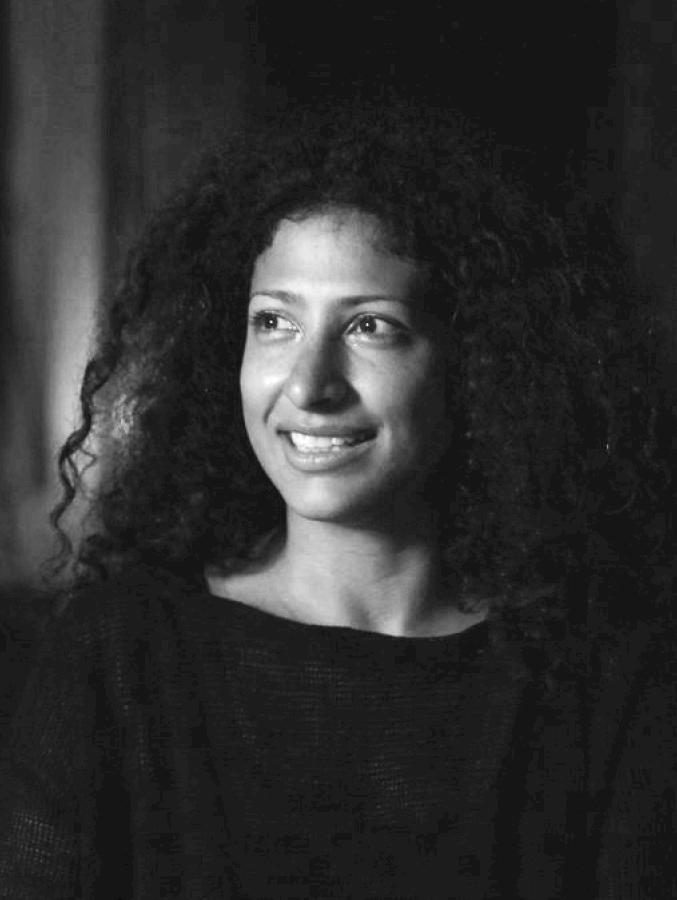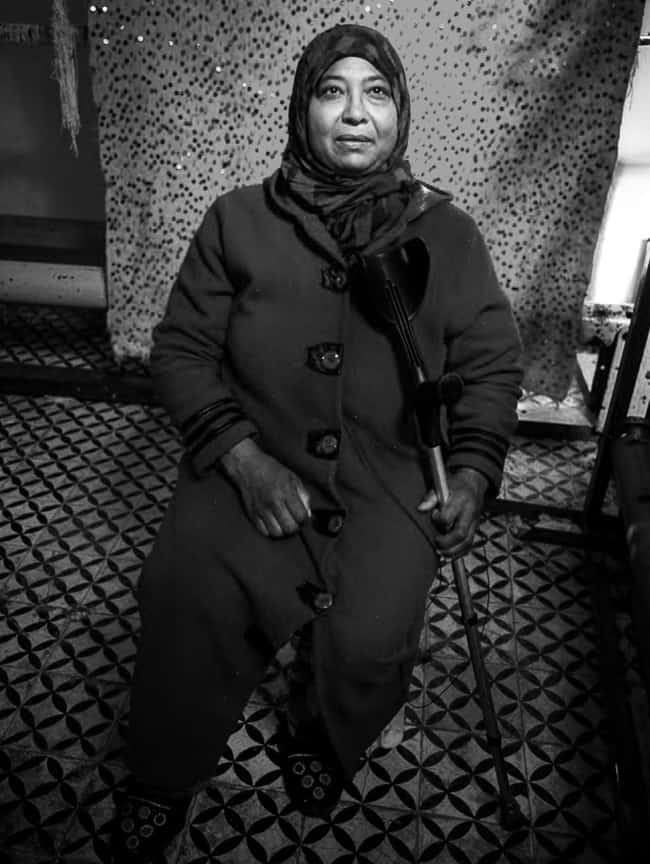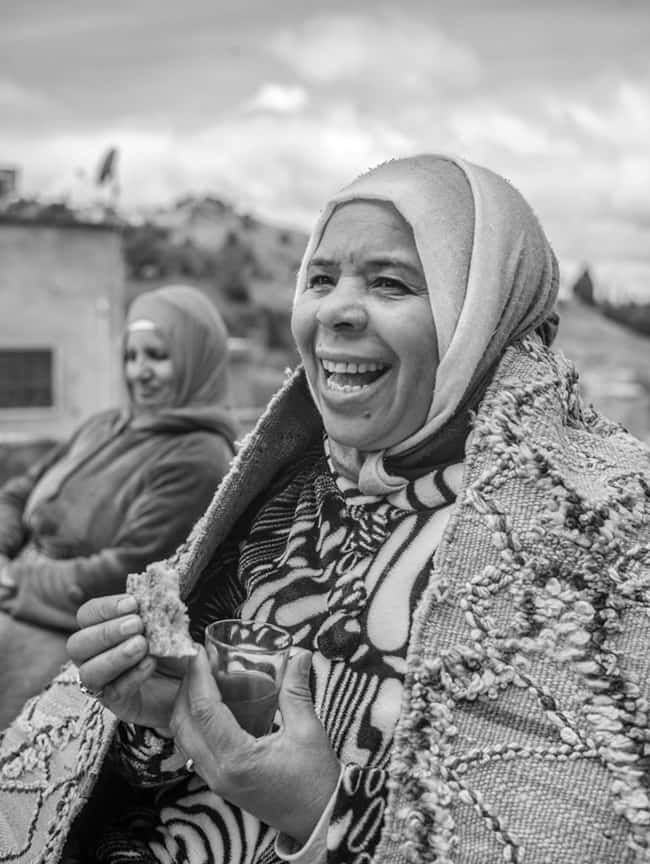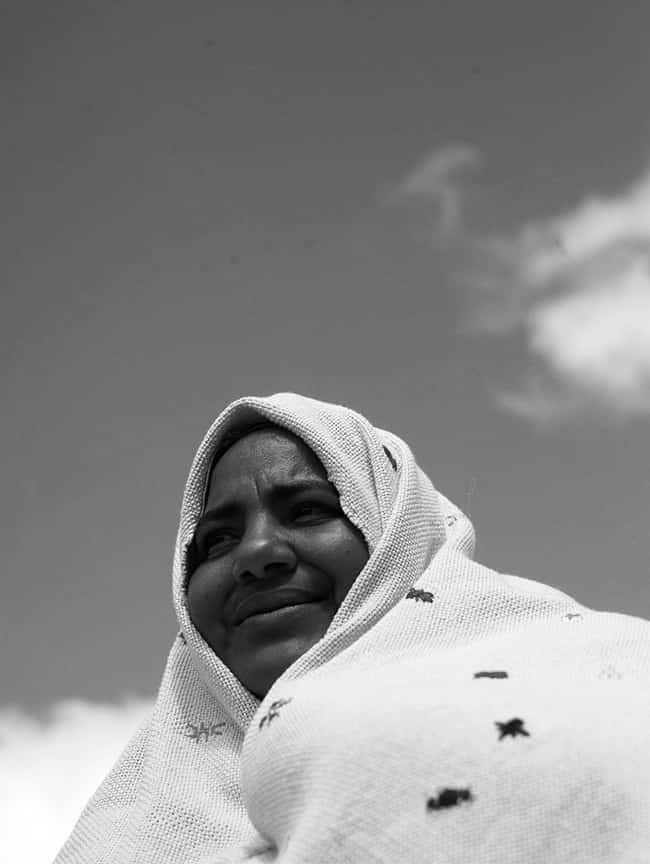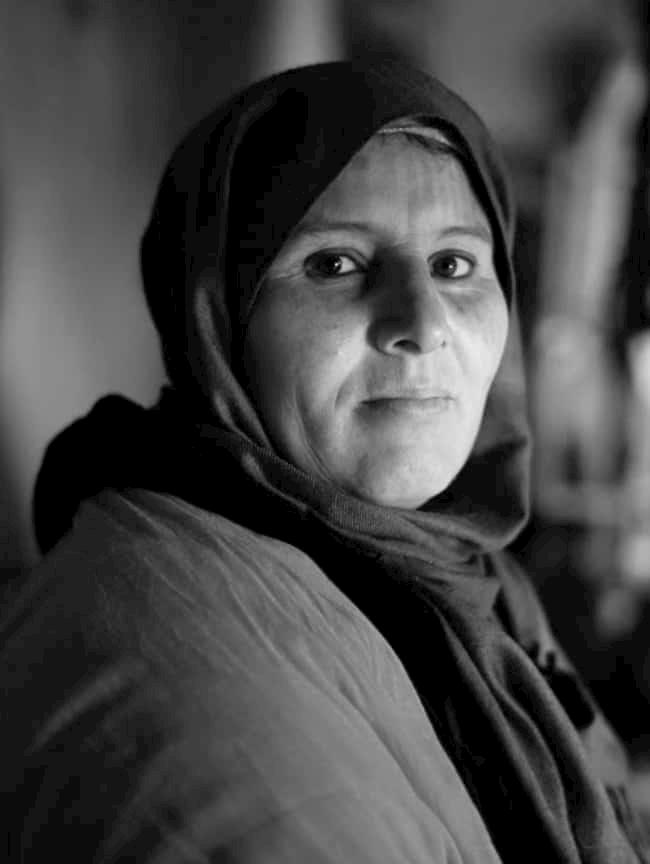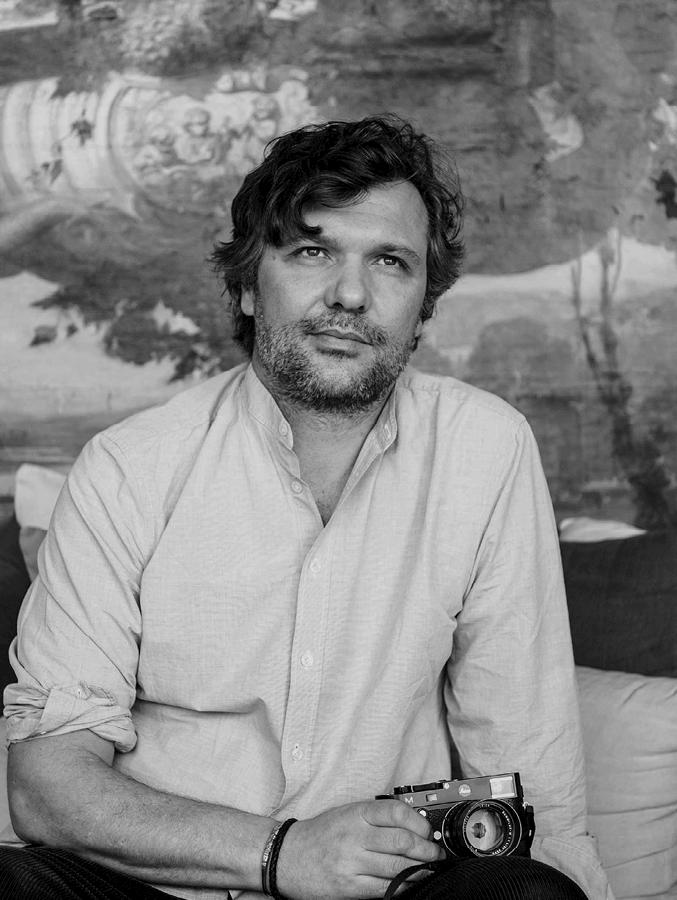In 2019, our team began working with the Ain Leuh Women’s Cooperative in the Atlas Mountains of Morocco. As we worked to design and produce the central carpet for our traveling Majlis we developed an admiration for these brave women, who work against all odds with smiles on their dignified faces.
The slow process and formidable quality in their craft is steeped in regional traditions and geographical surroundings. They carry deep knowledge in natural dyeing, yarn spinning and traditional weaving—all in their Beni Mguild kilim style. However, because younger generations see no perspective or financial stability in this knowledge, there is a chance these women will be the last who practice this astounding craft.
“Weaving is not a solitary action or process. The loom traditionally was, and is, the unifying fixture in a room and often placed in the space where the family gathered as one. The women in the family weave where meals are taken, and visitors are welcomed. The weaving room is one of community.”
Weaving is an invaluable link in a chain of production practices that bind members of the community to each other and nature. Farmers, shepherds, spinners, dyers, weavers and traders are all part of the process. Through teaching language and business skills and facilitating collaboration with designers on an international level, Caravane plans to empower an ethical production of authentic Moroccan craft in today’s market. Currently there are 24 active members of the Ain Leuh Women’s Cooperative. We are organizing courses in English, French, communication and entrepreneurship to empower young women who can sustain North African craft heritage.
“The destruction and disrespect of the wool is reflective of the treatment of the weavers. Mass producers exploit their weavers and the merchants perpetuate the exploitation by dictating the price to be paid to the producers. The weaver, like the carpet, does not have longevity either.”
Atop the Ain Leuh natural spring in the Atlas Mountains, stits a village of just over 5000 people. In 1977, local women formed a cooperative which has since sustained itself with minimal support, income and exposure. The craft of weaving is an invaluable link in a complex chain of ancient cultural practices that bind a community. Farmers, herdsmen grazing the sheep, yarn makers, families and merchants trading in the local souks all play their part in the process. Currently the members of the Ain Leuh Women's Cooperative represent many ages and abilities, as they integrate weaving into their daily lives and household duties. They love what they do and we love what they do.
Prerna Saraaf and Nina Mohammad Galbert lead the first Caravane collaboration with Ain Leuh in making the center-peice of the Majlis: a magnific carpet around which we will gather at the Venice Biennale with international groups of scholars, diplomats, storytellers and guests to discuss how we will live together.
Working in their studio, we saw how hard this small group works to carry on the Beni Mguild kilim craft tradition. We saw how eager they were to teach others the geometric patterns and knotting techniques. We witnessed how sourcing, cleaning, spinning, weaving, knotting, combing, finishing, washing and drying the wool—this intricate and specialised set of skills—is rewarded with as little as 2 dollars per day, deeming the practice economically obsolete. Artisanship in the community is constantly threatened by standard market prices determined by industrialised mass-production. The overwhelming market of rugs dyed and cleaned with chemicals, woven to fast standards and sold by middle-men provides a constant threat to North African heritage that goes back hundreds, sometimes thousands of years.
Today, having grown up watching their parents in economic turmoil, young people often depart the mountains with hope for a better life in the cities. They leave the security of their cultural identity behind them, and in many cases continue to live in abject poverty. Caravane recognises the need to stimulate and support local interest and personal investment in craft heritage. We recognise great value in the authenticity of techniques taught from loom to loom and handed down from generation to generation.
To activate that value, young people need three things:
- Language
- Business Skills
- Contemporary Design
Caravane is initiating collaborative programmes to enable young women. With French and English, they can speak for themselves. With 21st century business knowledge, they can become their own entrepreneurs, and in collaboration with contemporary designers, they can produce things that are appealing in today’s market. Our goal is to attract the attention of ambitious young women, provide incentive to stay in the Atlas Mountains and help them carry the torch of craft heritage into the future.
Team
Partners

Contribute to This Initiative
Learn how you can support this initiative and help us bring positive change.
Explore Other Projects


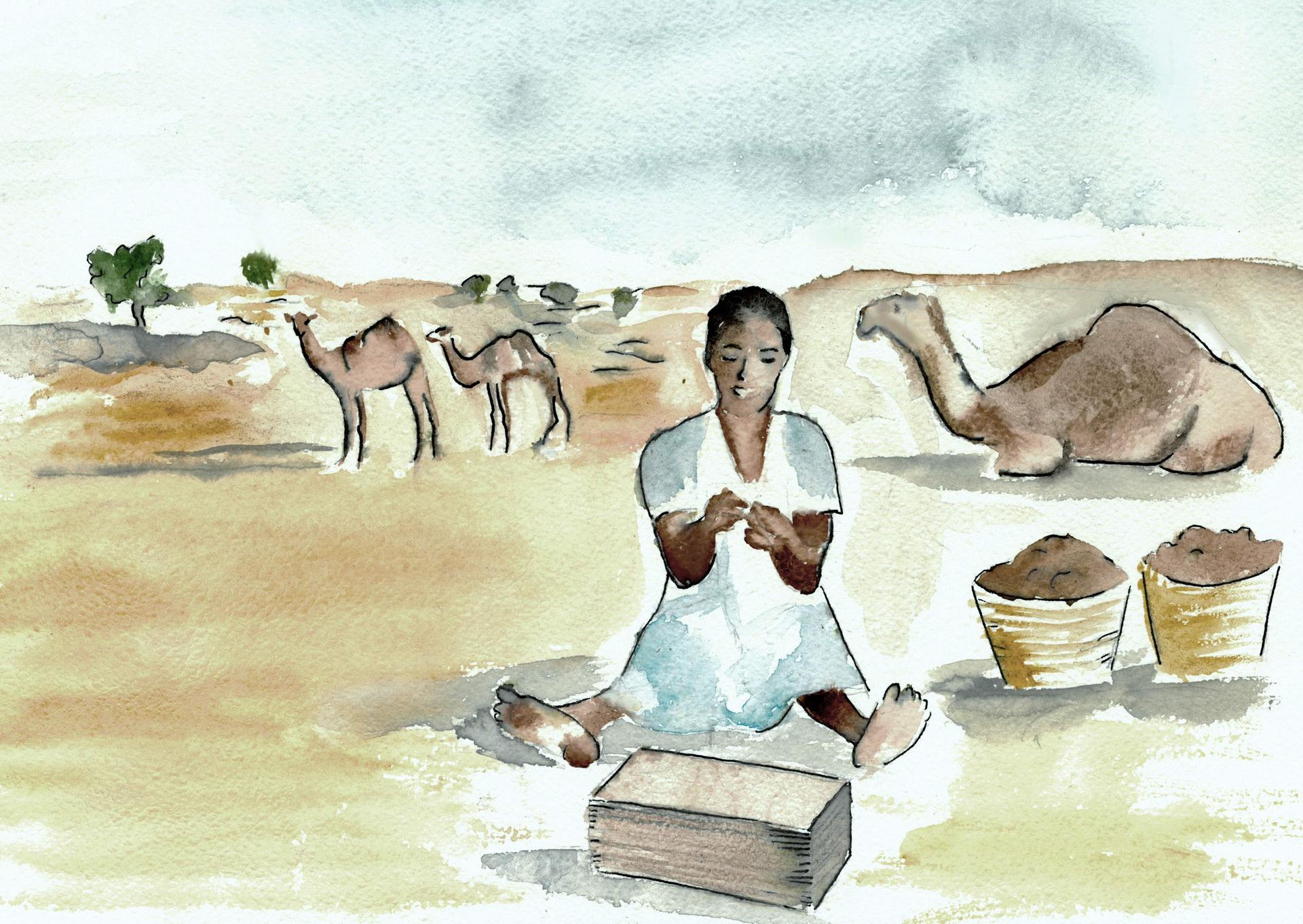
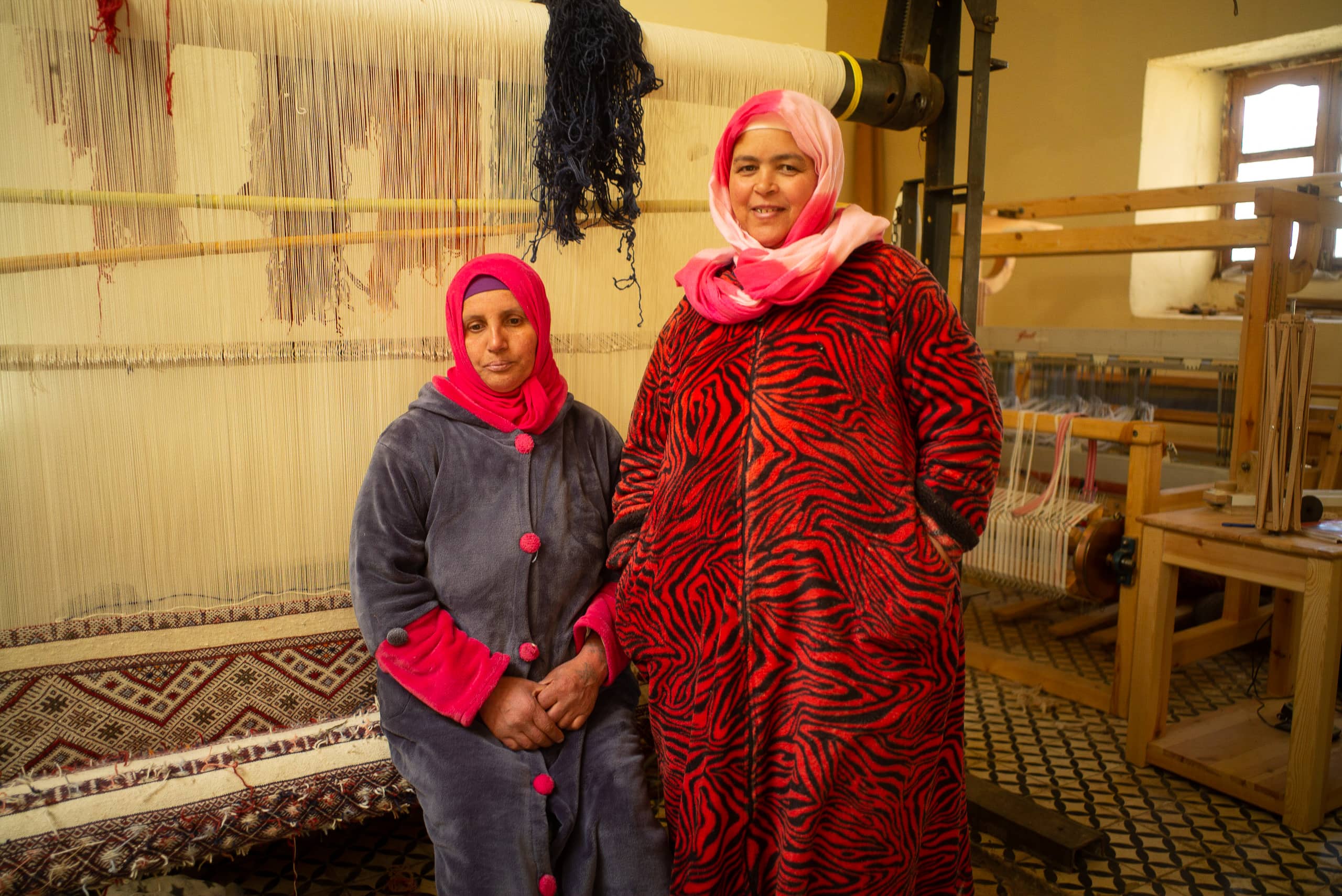
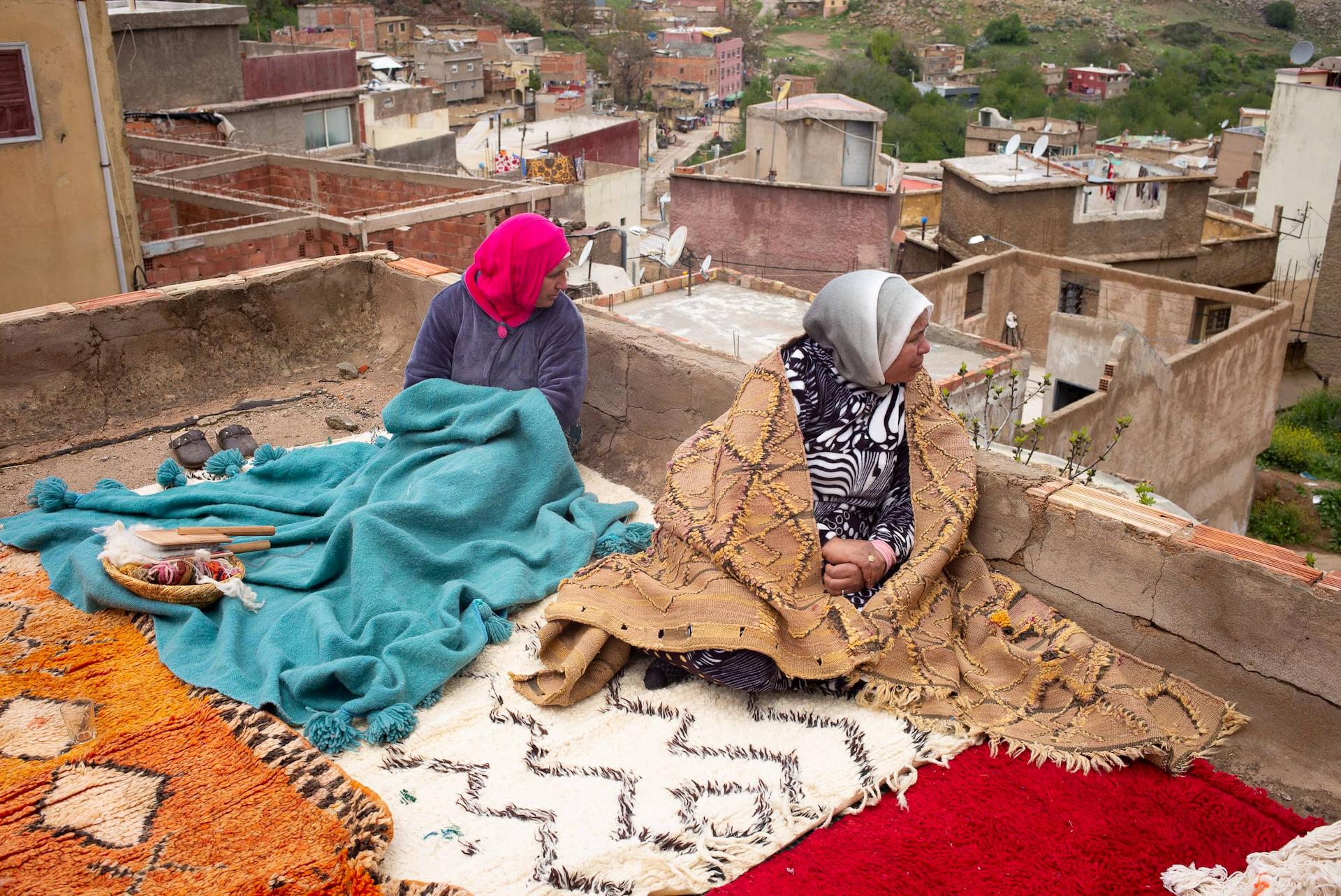
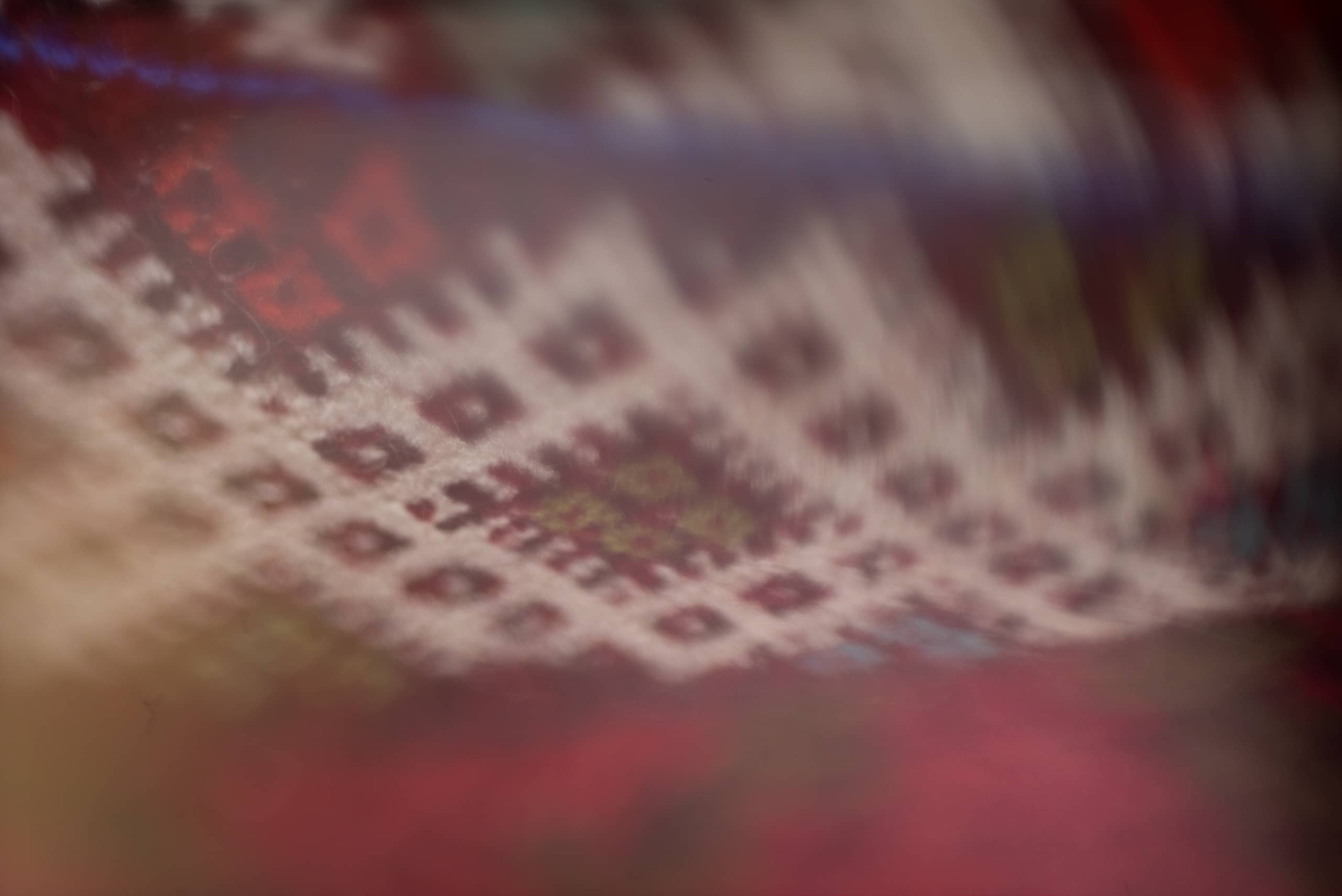
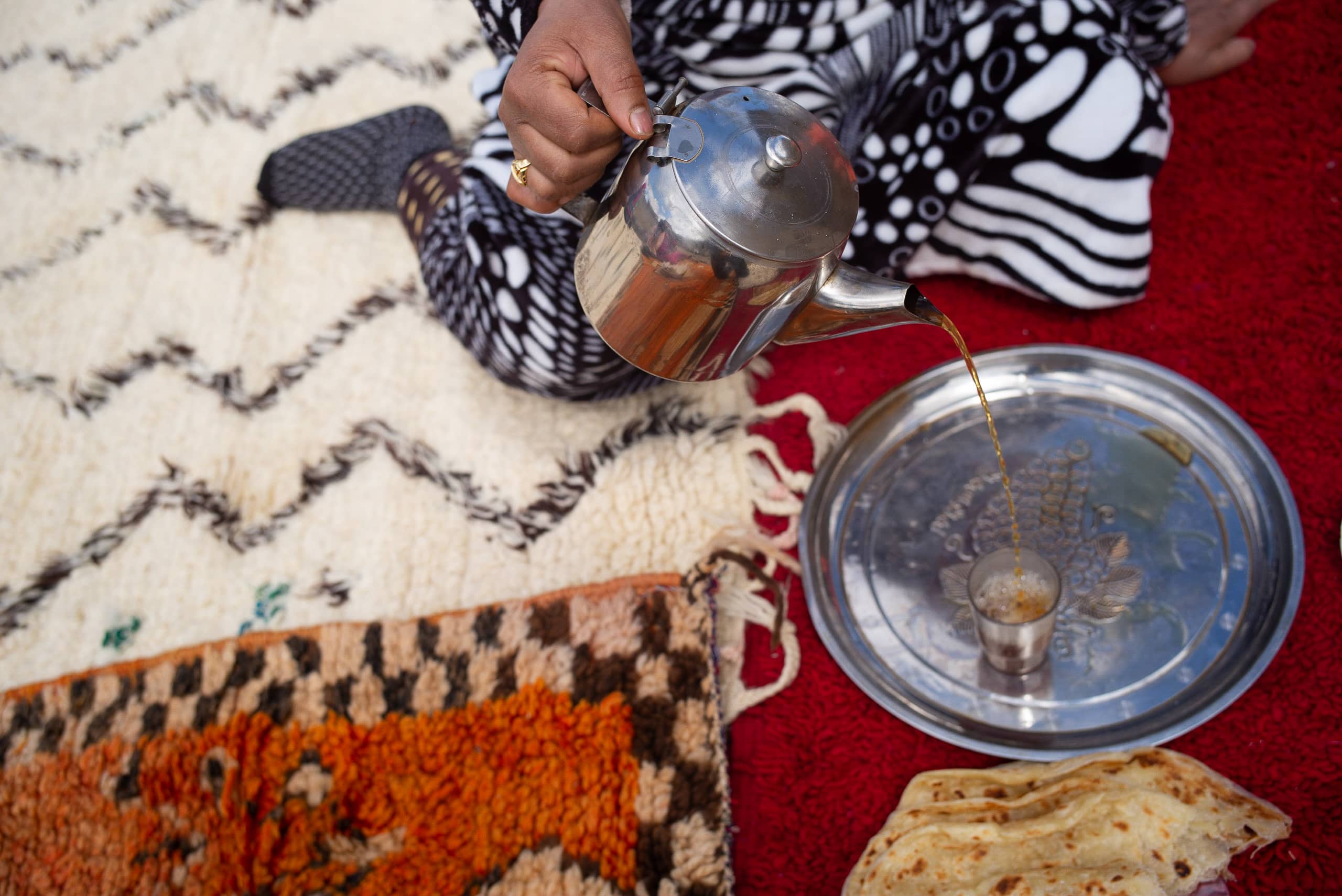
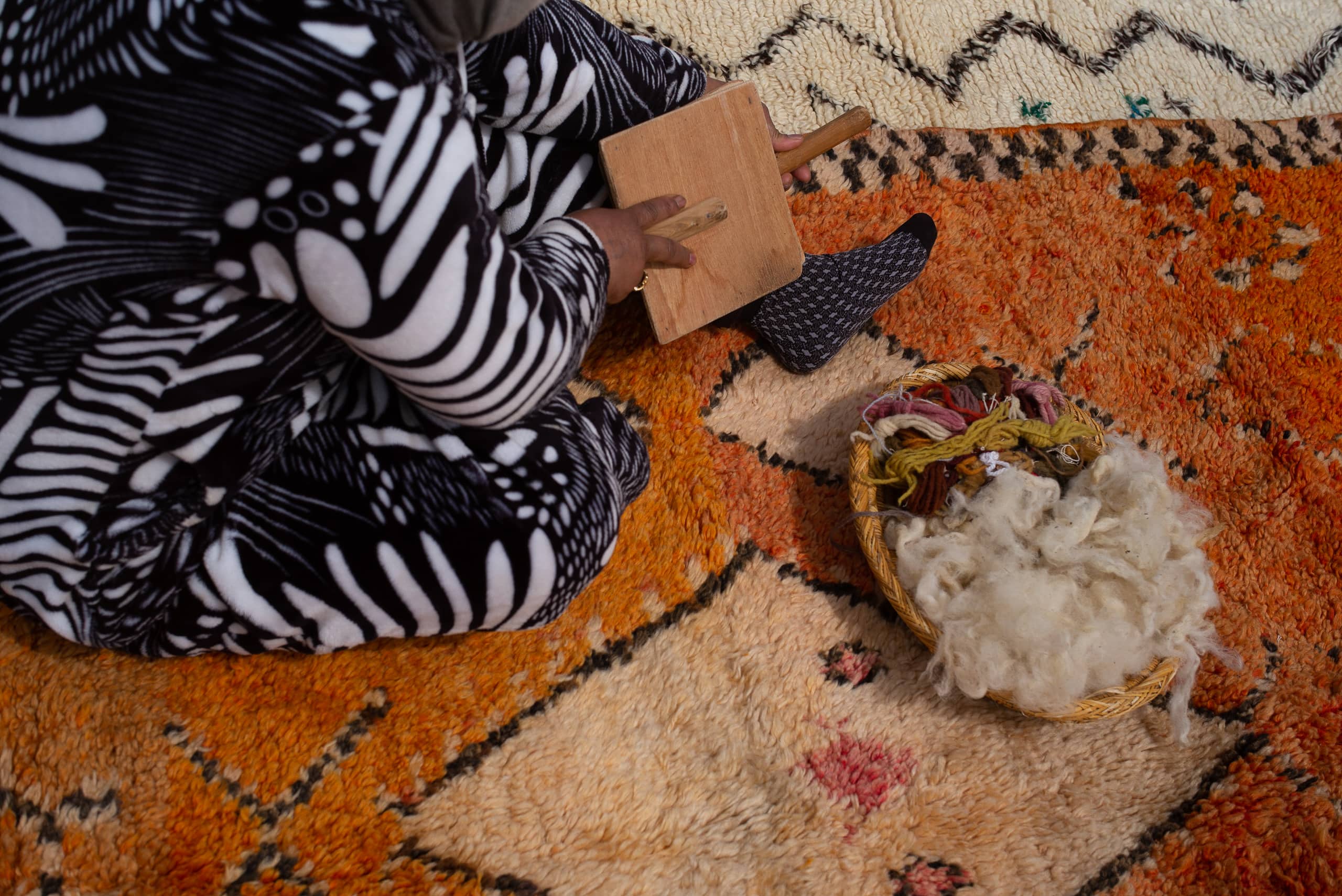
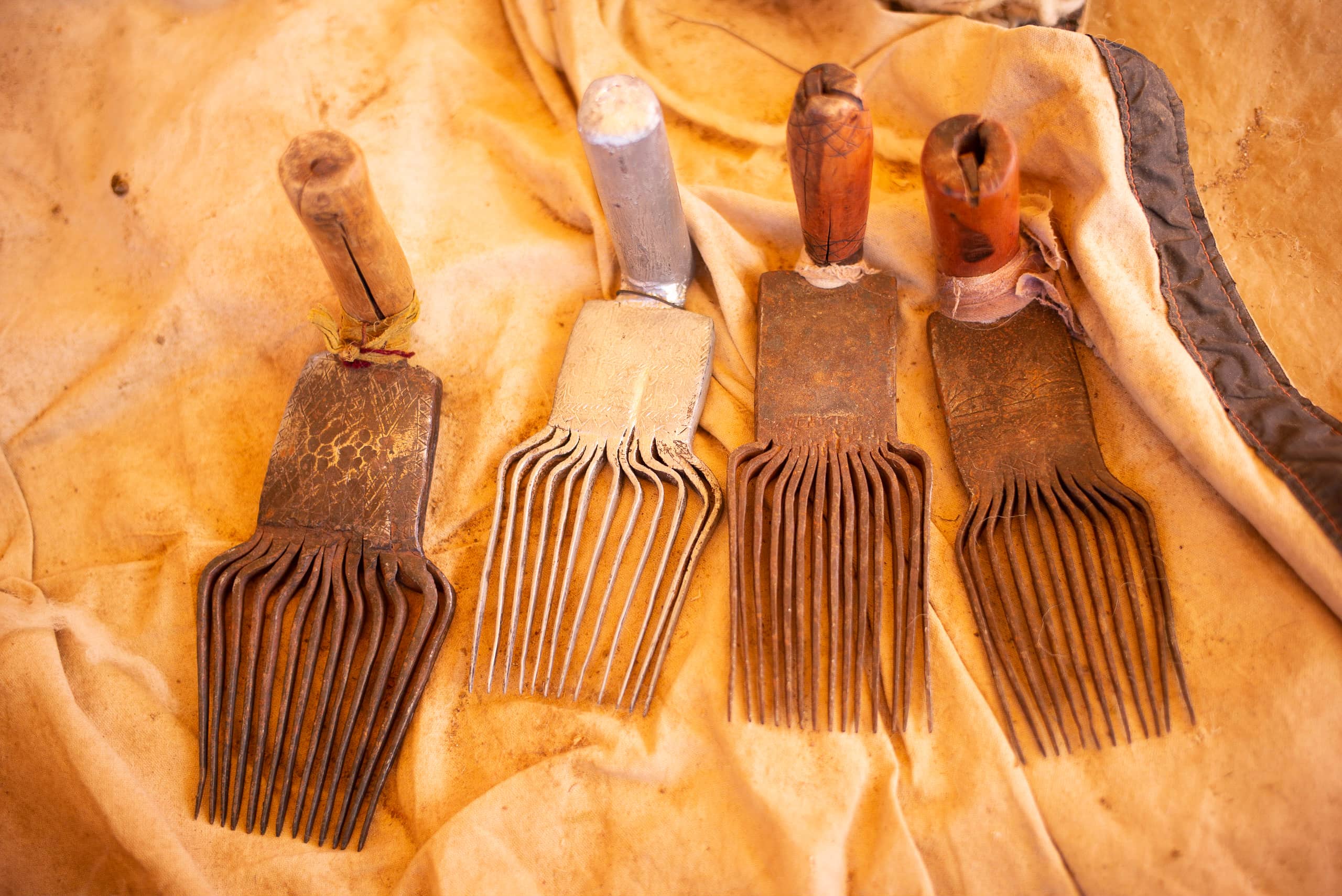
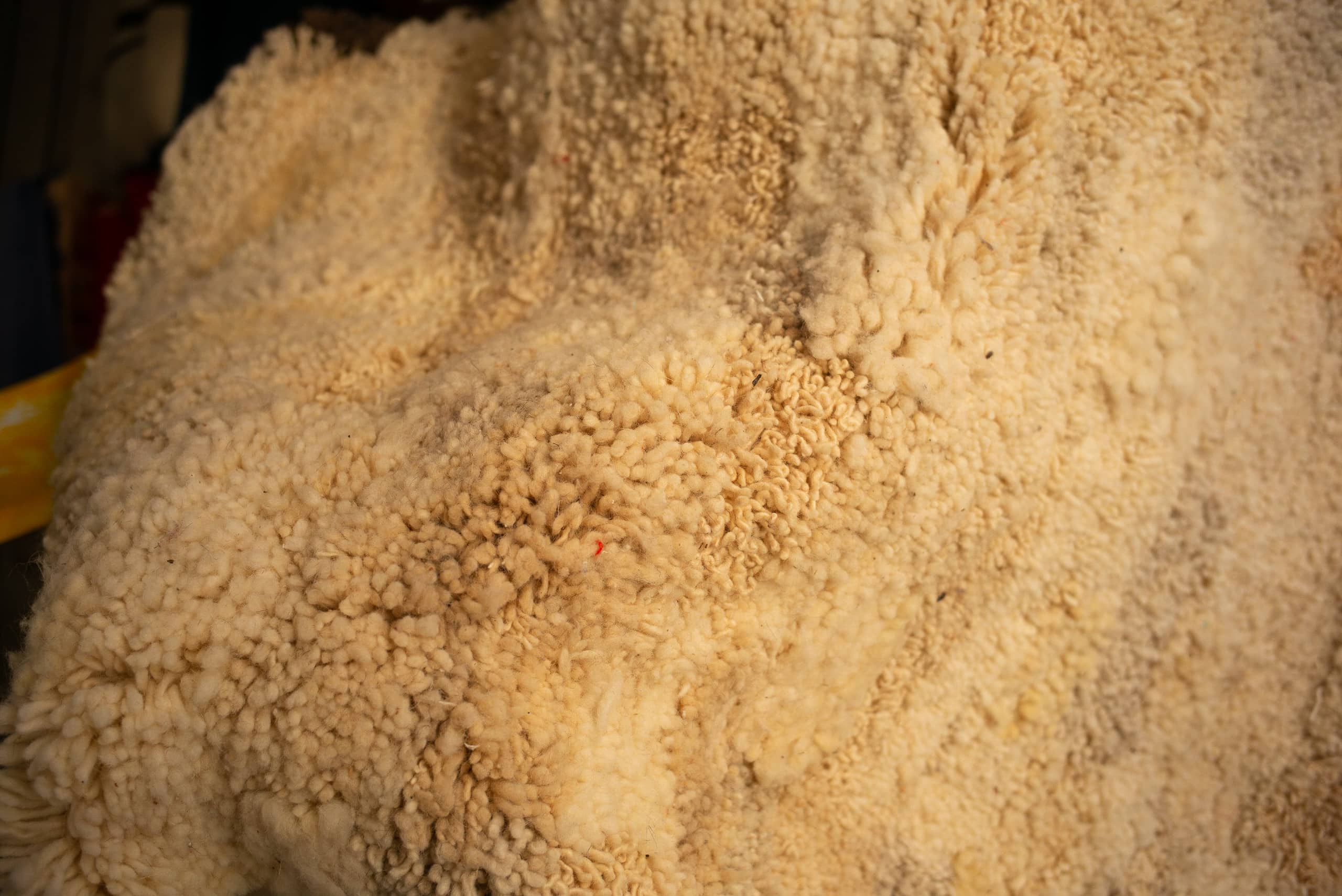
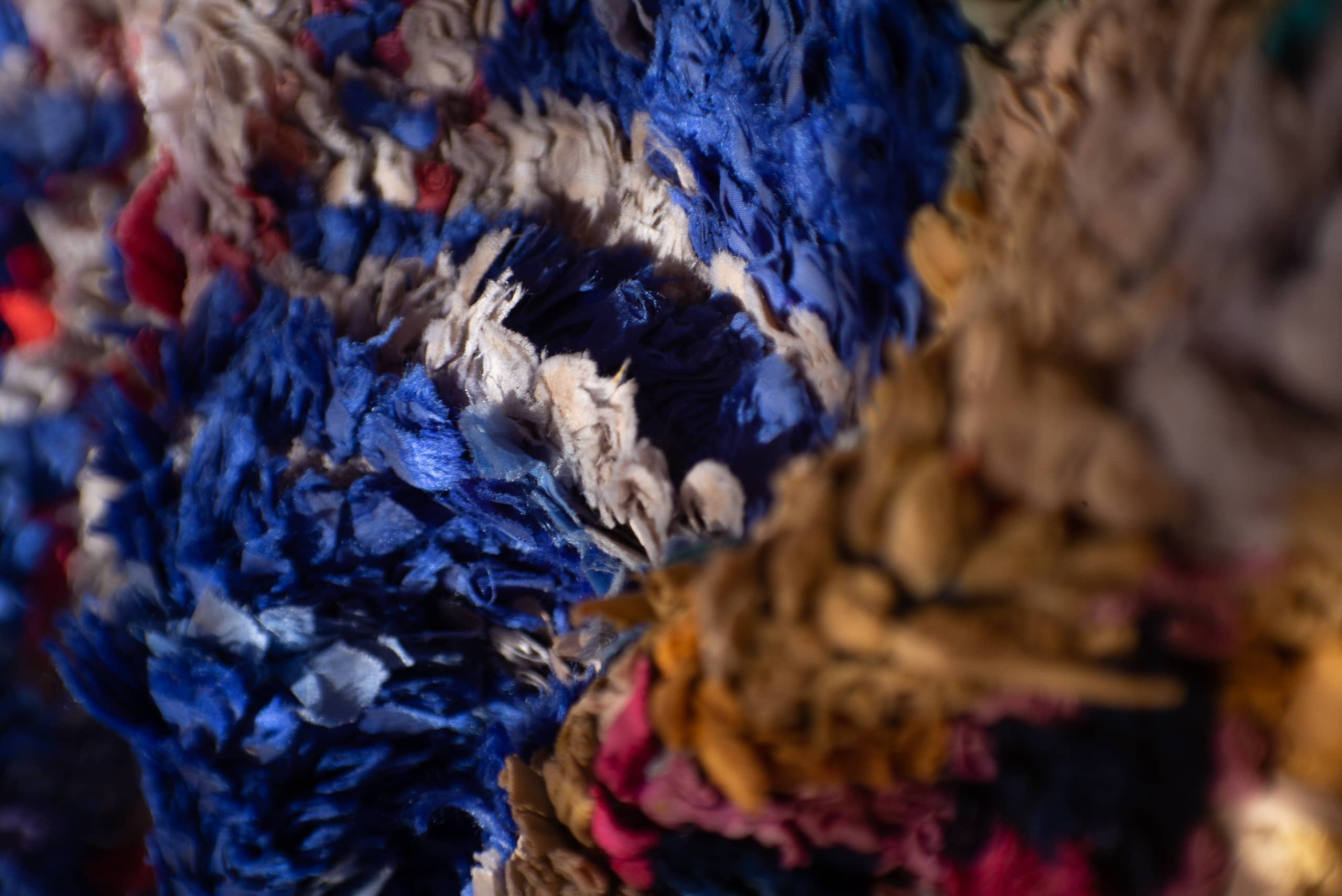
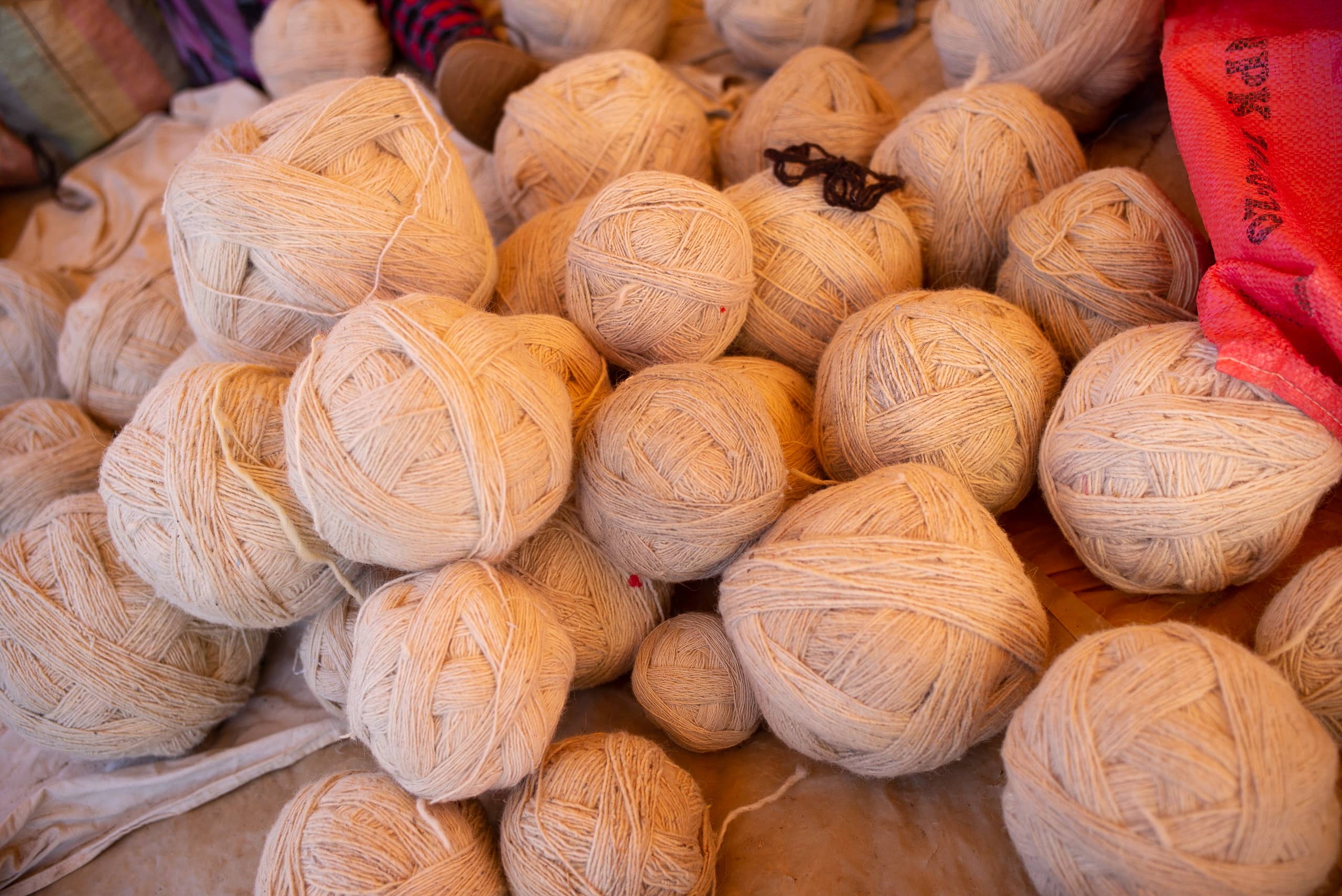
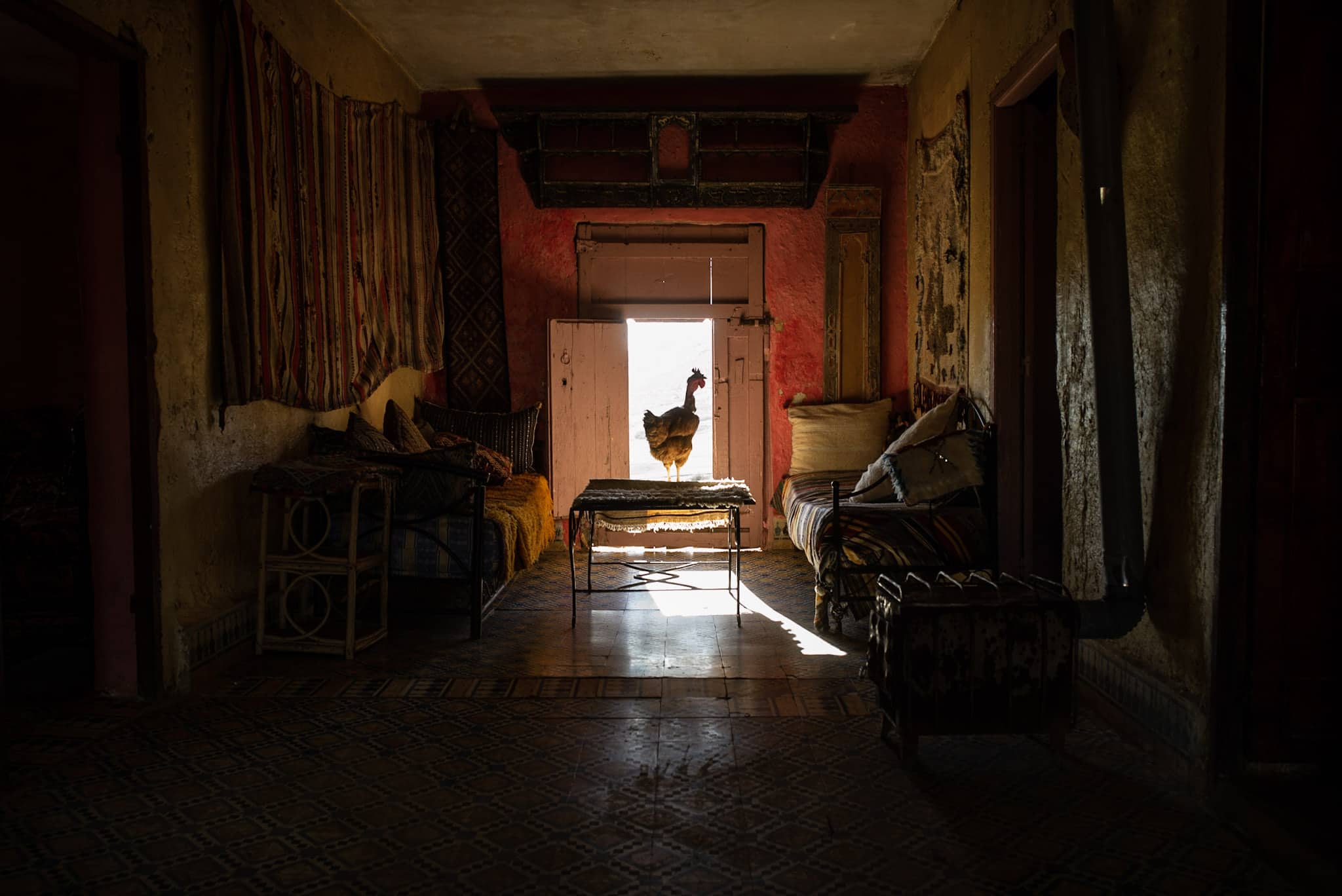
.jpg)




